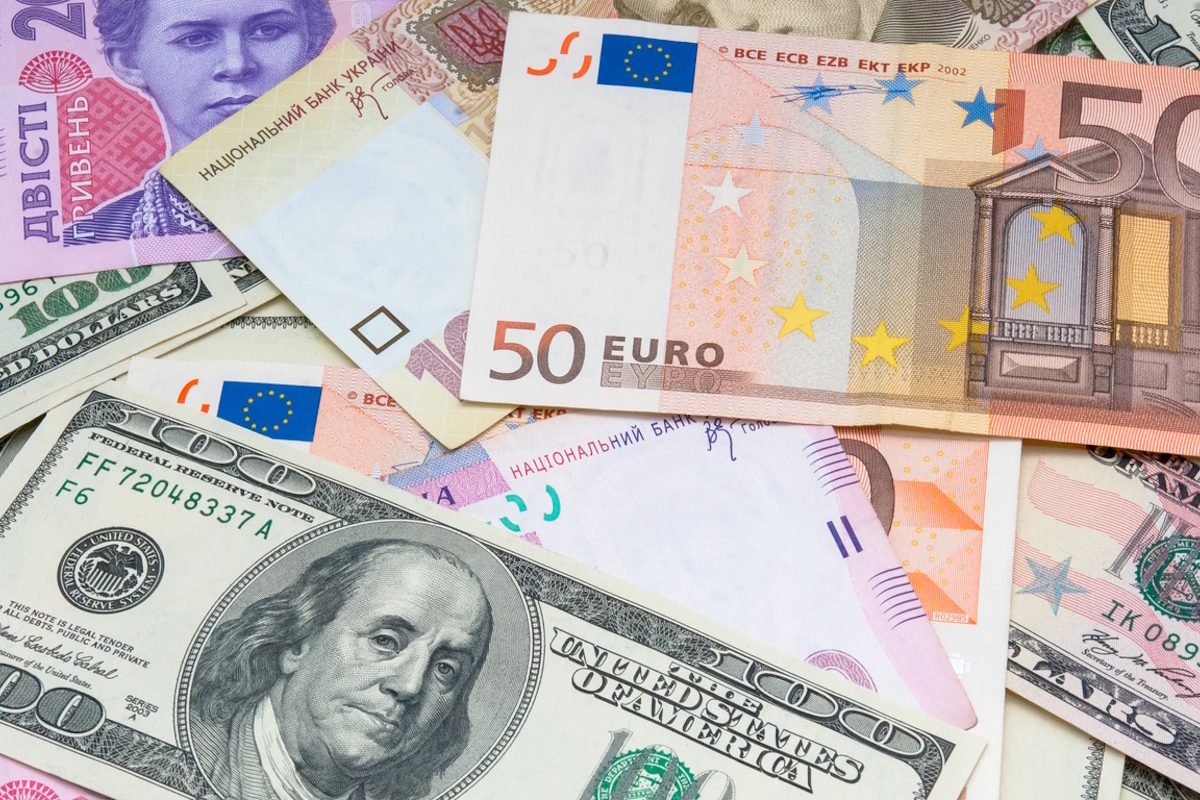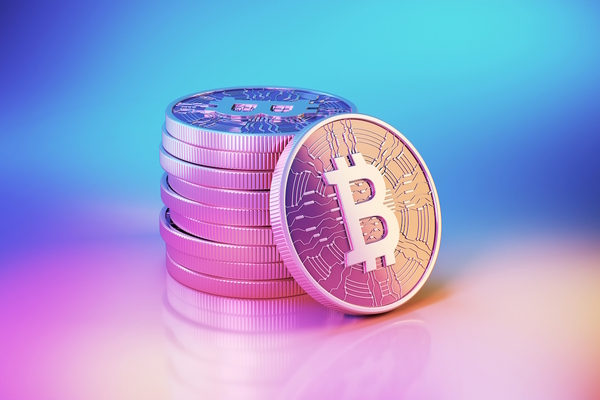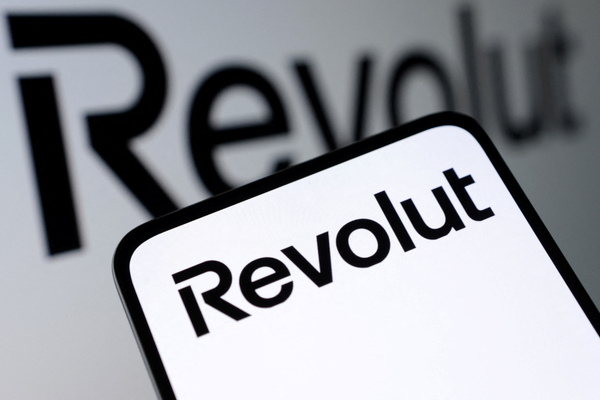The impact of slowing US growth on the dollar

Pierre-Antoine Dusoulier at iBanFirst shares what you need to know about how weakening growth in the USA will affect the dollar, and the global economy
According to Deutsche Bank, the probability of a US recession is fast approaching 50%. It’s a concerning statistic given that so much of the world economy depends on a strong greenback. It reflects a whirlwind three months of Trump’s presidency that has been shaped by tariff threats and stock slides, all of which have caused consumer confidence to fluctuate rapidly. And now, it looks to have hit a four-year low.
The impact on inflation
So, what impact is this uncertainty having on inflation? On paper, the situation appears stable, and it looks to be decreasing. In February, for instance, consumer prices fell to 2.8% year-over-year, against expectations of 2.9%. Furthermore, core inflation, which is more important for understanding long-term price dynamics, decreased to 3.1% against a consensus of 3.2%. This is the first time since July that both consumer prices and core inflation have decreased together.
But this could be short-lived. Trump’s trade policies increase uncertainty regarding short-term inflation, which is why expectations are rising that it will once again rise. For example, we forecast US inflation to be 3% this year, beyond the 2.8% Federal Reserve target. It’s worth noting, however, that this can also be a sign of a resilient economy as demand and wage increases can have an effect on inflation.
Is a recession on the horizon?
Over the last few months, we’ve seen US companies importing goods in large quantities to offset Trump’s tariffs and navigate an impending trade war. American investors, both institutional and retail, have imported billions of dollars’ worth of gold bars, given that gold is often viewed as a ‘safe’ investment in an otherwise unstable economic landscape. This suggests there’s growing fears over the repercussions of Trump’s unpredictable trade policy.
As for consumers, spending has not dropped significantly, but is less than expected. All of this points to a slowdown in the US economy. So much so that we’ve downgraded our forecast for Q1 to 1.9% year-over-year, compared to a consensus of 2.2%. For 2025, US growth could be 1.8%, down from an initially forecasted 2.3%. This is in line with the US’s potential growth and still significantly higher than growth in the Eurozone, which is expected to be around 1% this year, according to our estimates.
What could go wrong?
Economic forecasting always carries a risk, and even more so since Trump took office. We’re still unclear about the impact of DOGE – the Department of Government Efficiency – on the economy. We know it’s been tasked with reducing government waste and agency staff, and the fallout on the US labour market could further influence consumer spending and confidence.
But the real risk lies in the collapse of the stock market. For the time being, there’s no signs of the decline stopping. Hedge funds, which have been the trendsetters since the start of the year, continue to employ a sell position. They are offloading individual stocks too, particularly in the tech sector, rather than indices and trackers.
An important indication of where the US economy is heading is that this sell-off is larger than the 2022 correction. In total, the S&P 500 has lost 15% of its value in market capitalisation in just a month. The dollar seems to be paying the price for this instability, and for those involved in FX or international payments will likely have seen the euro increase against the greenback in recent months.
Stability and confidence
In economics, stability and confidence are paramount. They support lending, investment and, ultimately, growth. The US has always been ahead of Europe in this respect. But Trump has changed this dynamic, and we’re now seeing a greater focus on the euro as a means of escaping dollar volatility.
But we would always exercise caution. While the uncertainty in the US is causing business leaders to explore other markets, there’s always the risk of contagion.
Pierre-Antoine Dusoulier is CEO and Founder of iBanFirst
Main image courtesy of iStockPhoto.com and Oakozhan

Business Reporter Team
Most Viewed
Winston House, 3rd Floor, Units 306-309, 2-4 Dollis Park, London, N3 1HF
23-29 Hendon Lane, London, N3 1RT
020 8349 4363
© 2025, Lyonsdown Limited. Business Reporter® is a registered trademark of Lyonsdown Ltd. VAT registration number: 830519543





